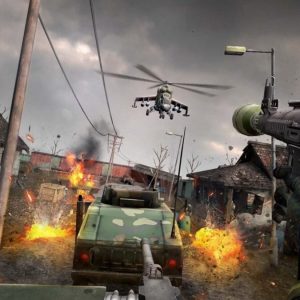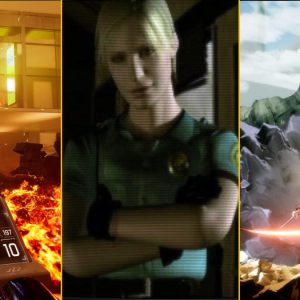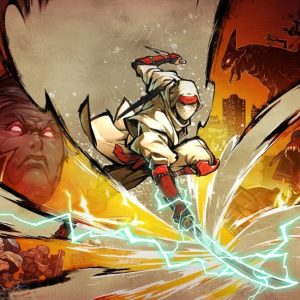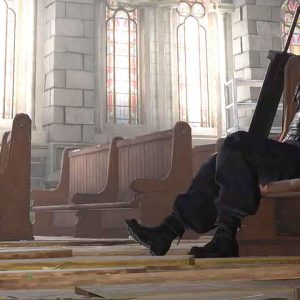After playing the first half-hour or so of Empire of Sin, I could easily have stayed where I was and played the rest of the day. While it’s still in a pre-beta state, Empire of Sin feels polished, with deep systems that beg for more probing. After all, this is essentially Boardwalk Empire crossed with XCOM – what’s not to find completely intriguing?
Empire of Sin is set in prohibition-Era Chicago. As one of 14 bosses with different interests (speakeasies, union protection, or casinos), you’re tasked with building an empire built on Chicago’s most precious currency: alcohol. You can get your alcohol that’s produced in breweries, you can get if from your allies, or you can occasionally get it from missions. “So alcohol is the number one currency of Prohibition-era Chicago,” says Game Director Brenda Romero. “So we make it, we consume it in our rackets, without alcohol your businesses aren’t going very far.”

Alcohol can vary in quality, however. “Let’s just say that you’re having a tough month, you tell all your breweries to produce garbage,” Romero says. “So this is great, people will pay the same price for it… but eventually words going to get around and your draws tend to drop because you’re serving garbage. So that’s one thing to think about, in the short term you can do that. The higher your quality of alcohol, the more you can charge.”
“
Though Empire of Sin is, on paper, a strategy game, there’s a ton of character to it and a real sense of role-playing. From the outset, it’s beautiful, in a sleazy kind of way. This is a Chicago where everyone has a name like “Goldie” and “Ronnie”, men have hard jaws and women have hard edges. I chose to play as the aforementioned Goldie, a tough broad in flapper attire whose empire begins at the speakeasy.
This sense of character carries on into RPCs. RPCs are recruitable player characters who have randomized attributes that evolve depending on how you play, but these attributes also affect their temperament. During my playthrough, an RPC fell in love with another RPC, which can make or break a battle depending on how their stats change.
“RPCs have their unique personalities,” says Romero. “Maria and Bruno, for example, have been in your racket together. They’re compatible. So they’ve fallen in love.”
“In a boss battle, Bruno gets shot. This makes Maria basically insane. She has a hair-trigger temper. She unloads her entire clip into the person who shot him. And though maybe it was the best possible outcome for me, and feels like a free move, it would’ve been detrimental if she had done that to say somebody that could have been an ally.”
“
Empire of Sin is, of course, a turn-based strategy game. Combat will be familiar to anyone who’s played an XCOM – but the beauty here is in the combat arenas themselves, which look like moody 1920s Cluedo boards. A 360-degree camera means you can spin the little model around like an intricate toy, getting exactly the right angle to deliver a fatal bloody blow – and Empire of Sin looks gloriously bloody.
Outside of combat, you spend your time managing your resources. These are separated into money, your alcohol, your time – 13 years, the amount of time the Prohibition Era lasted – and your RPCs. But there’s also that deep focus on role-playing, which includes a dynamic choice-and-consequence feature called ‘sit-downs’.
“So if you’ve seen the Sopranos or The Godfather or any of the movies, classic movies, you know that sit-downs don’t happen all the time,” says Romero. “They’re sometimes life and death situations. They’re no different here. They are dynamic, they happen as a result of the hits you’ve done. You pushed buttons, you’ve gone too far, you make friends with enemies.”

During my playthrough I had a sit-down with a boss called Ronnie. I was given the option to take out a mark for him, or to draw a gun on him in order to take over his brewery. I chose to draw a gun on him, of course, and a fight ensued – but it could have played out a completely different way. There’s always that 13 years in the back of your head, ticking along as you make your decisions.
“Time is obviously a critical resource,” says Romero. “You got 13 years… you’ve got 13 years to rise to the top.”
Half an hour was not enough.
Lucy O’Brien is Executive Editor of Features at IGN. Follow her on Twitter.





















